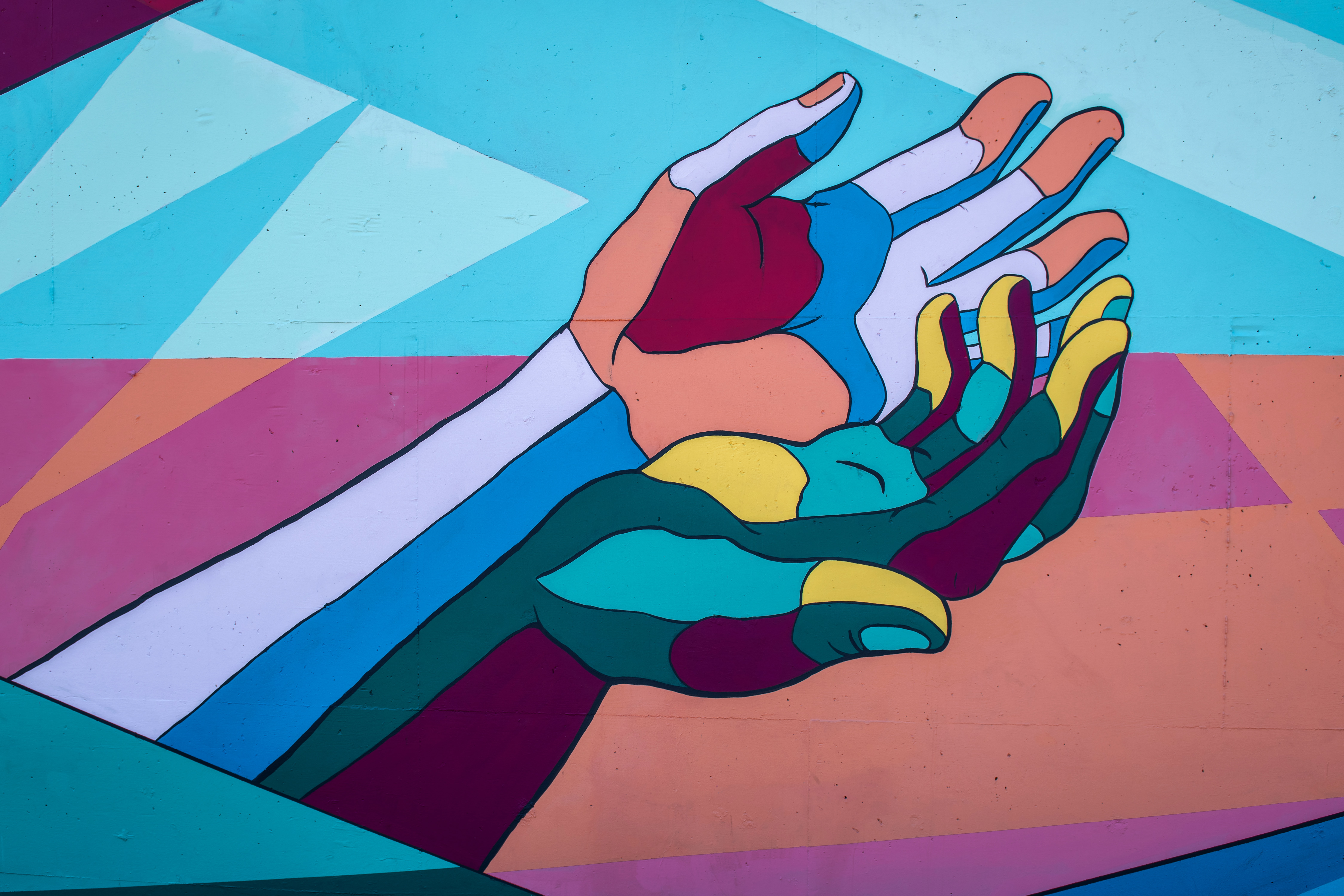In 2020, it has been a tough year—the calendar that saw a global pandemic sweep through the world, racial protests sweep through the nation, and a profound level of uncertainty and change sweep through every one of our lives. It has been a decade’s worth of change in less than a year, and it’s understandable that our necks are hurting from the whiplash. A close and emotional presidential election has merely capped a difficult year by all accounts.
As at least the election winds down (notwithstanding a verification of the results), it is worthwhile to take a pause and look around at how we have changed, at who we are, and where to go from here. However, it is hard to take a collective look as a divided nation. Hence, for the real inner work to cement in the aftermath of this very un-ordinary trip around the sun, we must come together and transcend that which divides us.
How do we do that? Well, it’s not easy; these problems weren’t born overnight and they won’t go away tomorrow. However, we can take these first steps towards finding unity amidst our challenges.
1. Take a breath
Before we go forward, we need to address where we’ve been and how we’ve gotten here, and more than anything, how we feel in this moment. That doesn’t happen by rushing forward. We must take a collective breath, give a momentary pause, and devote a moment to rest, reflection, and healing.
2. See humanity in our opponents
War, polarization, violence, and atrocities are largely underpinned by a dehumanization of our adversaries. Consider, however, Martin Luther King Jr.’s words about our enemies: “Here is the true meaning and value of compassion and nonviolence, when it helps us to see the enemy’s point of view … For from his view we may indeed see the basic weaknesses of our own condition, and if we are mature, we may learn and grow and profit from the wisdom of the brothers who are called the opposition.”
It is easy to use a broad-bristled brush and come up with a cheap caricature of those we disagree with. However, wherever we rest on the political spectrum, and however we view the way forward, we are each human beings with blood flow and brains. We all hurt, and we all heal, and not a single one of us can have an ideal life as a solitary person. As has always been the case, but feels especially pertinent this year, we need each other. It’s important we not forget that we are members of the same human family on a little planetary island in a vast ocean of space.
3. See common ground in our desires
It’s not hard to have views and ideas on what progress looks like, then look across the aisle in disgust at a different vision. However, that which divides us is mere surface-level debate. At the heart of things, we all want a safe and prosperous world, where we are free to be different, where kids can be happy, and where elders are cared for.
4. Build bridges
It feels impossible to have political conversations these days with those we disagree with. We feel like we’re on a knife’s edge when divisive issues come up. However, if we stop talking to each other, and more importantly, if we stop listening, we will never acquire the understanding that will open the door to collaboration. And until we collaborate—make no mistakes—there will be no serious problem-solving.

Disagreement without disrespect is the foundation of democracy. We must listen, and listen again, then listen some more, while talking in a way that is forgiving even if its confident, that is compassionate even if its oppositional, that is kind by default. That means we will need to polish off some new communication skills, like using “I” messages, embracing our ignorance, and truly opening our minds.
All of these skills require work, but it is noble work—a foundation for a better future. The COVID-19 pandemic has been deeply injurious to this country, but it only serves as a fraction of the injury that may be inflicted from a divided populace. We can only move forward together. Against all odds, let 2020 be the year.


